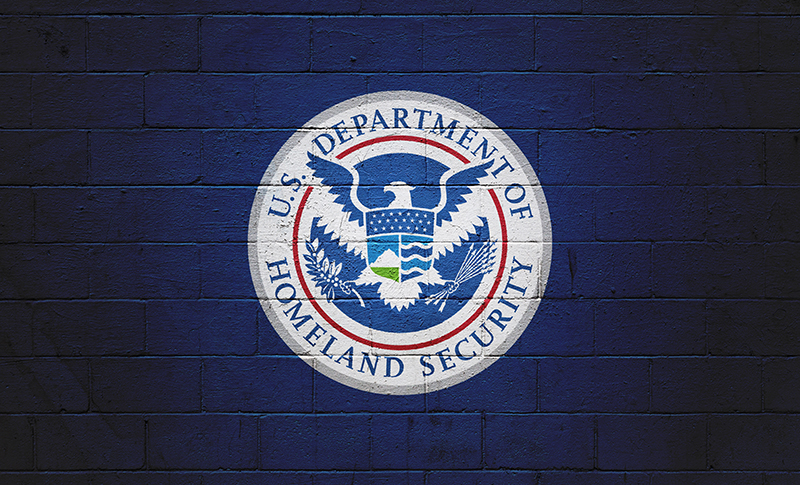
Falling into the category of “old news becomes new again”, on June 22 the Intercept published an article discussing a 2020 Department of Homeland Security (DHS) report it had just gotten its hands on by means of a Freedom of Information Act request. The article, “Intel Report Warned Abraham Accords Would Fuel Violence”, reported that:
The document, dated October 19, 2020, is an intelligence assessment disseminated by the department’s Office of Intelligence and Analysis to other government agencies. Its title summarizes the short brief: “Terrorists’ Longstanding Grievances Very Likely Exacerbated by Israel’s Normalization of Relations with Two Gulf States.” Citing the example of the mass shooting by a Saudi military officer at a U.S. air base in Pensacola, Florida, in 2019, motivated by the Trump administration’s decision to move the U.S. Embassy to Jerusalem, the report warned that the Abraham Accords normalization would almost certainly intensify terrorist grievances and could endanger people not just in the region but also in the U.S.
To say the least, this was/is a curious intelligence take on the accords (which, to make clear, I am neither endorsing nor condemning), especially coming from DHS. In the boiling cauldron of Middle Eastern politics, what accord doesn't risk stirring the pot? It is a multi-player, zero-sum game in which some players' gains will be, at least perceptually, matched by other players' losses — and all too often the losers express their displeasure through acts of terror.
Using the DHS filter, any accord, treaty, or agreement risks some form of terrorist act, at home or abroad. What is the alternative, then? No attempt at forward progress, even if it cannot or does not reach the ultimate goal of untying the Gordian knot in resolving Palestine's status? That doesn't seem viable because the report blithely overlooks that even without the accords, the world at large, and the U.S. in particular (which is or at least should be the primary focus for DHS), already faces — and will continue to face — significant risk of terrorist acts.
My concern is that DHS is ill-poised to offer analyses on international politics. Doing so, it seems to me, strays far afield from its mission of protecting the homeland. Unlike, for instance, the CIA or the ODNI (Office of the Director of National Intelligence), DHS’s sources and methods are too limited, its vision too horse-blindered.
What's more, the report's allusion to a Saudi officer committing an act of terror while in the U.S. for military training, by way of proof for its premise, is ill-judged. The more relevant question for DHS to ask and answer was how that officer was admitted to the U.S. (see, e.g., here and here).
An even more cogent question: Were the vetting gaps that led to his nomination and selection for the training program ever sealed? This is a question I asked in May 2020, five months after the attack. The answer then was “No” — and five months after I posed that question, when DHS Intelligence was busy applying its analytical skills to the Abraham Accords — the answer was still “No.” The answer today? All indicators are “Still no.”
Some observers will point out that visa issuance is a State Department issue and selection of foreign military officers for U.S. training is a Defense Department issue. I beg to differ. Section 402 of the Homeland Security Act provides that the DHS secretary has the authority and responsibility for establishing and administering rules governing the granting of visas or other forms of permission to enter the United States.
So if, God forbid, another disaffected foreigner commits an act of terror on our soil, don't look at the DHS report as prescient. Ask instead what DHS's Intelligence or other divisions have done about closing up the holes in the colander that DHS calls its vetting system(s), and what the secretary has done to tighten up protocols relating to the admission of aliens, including foreign military representatives.
